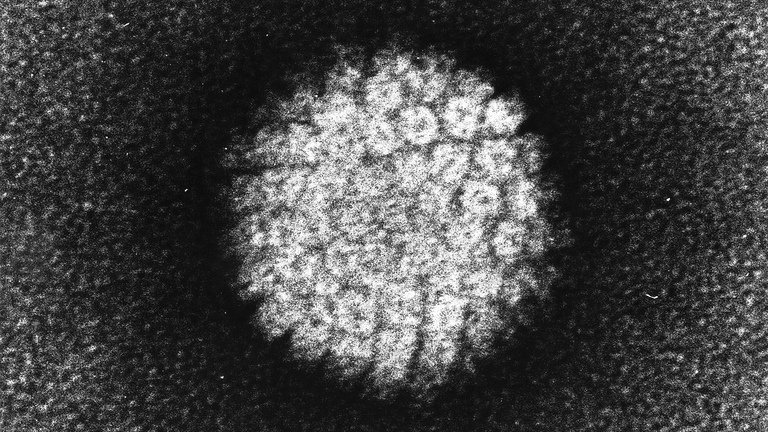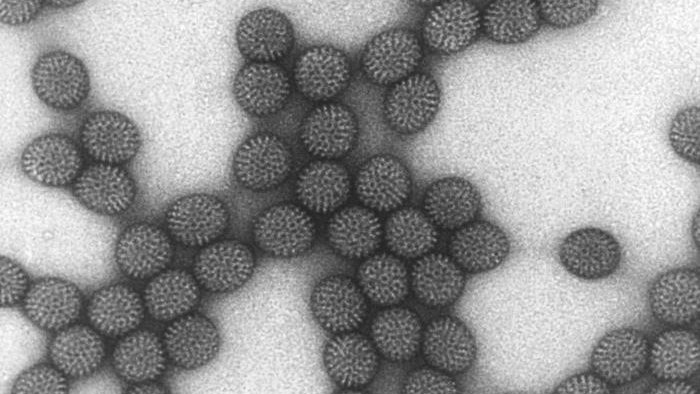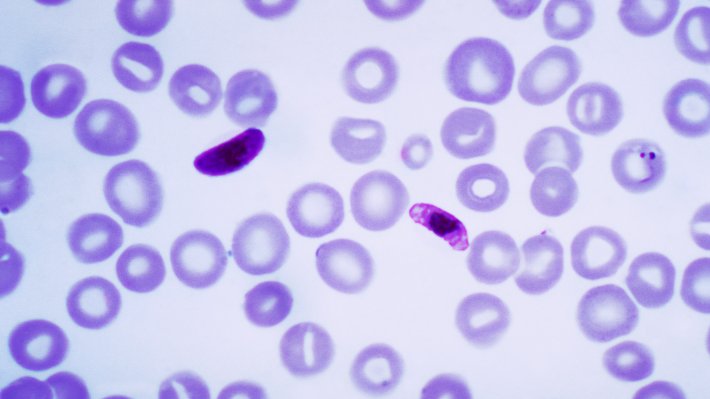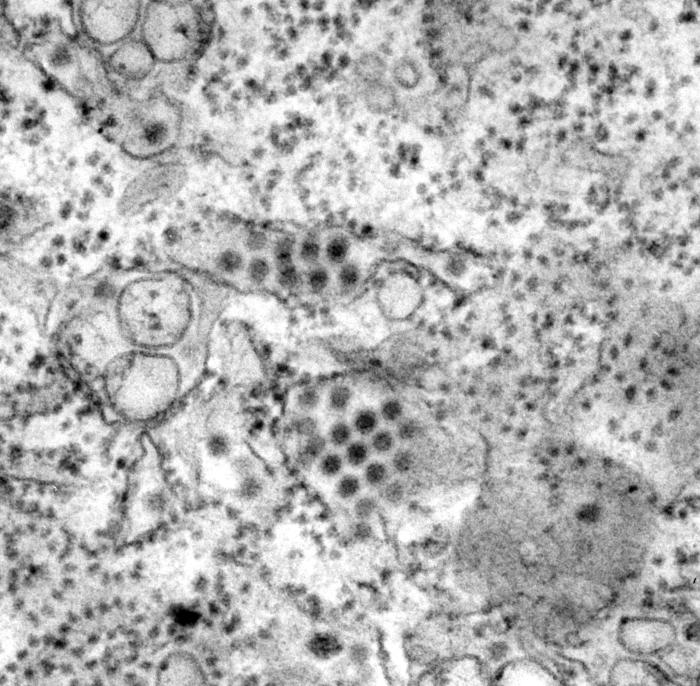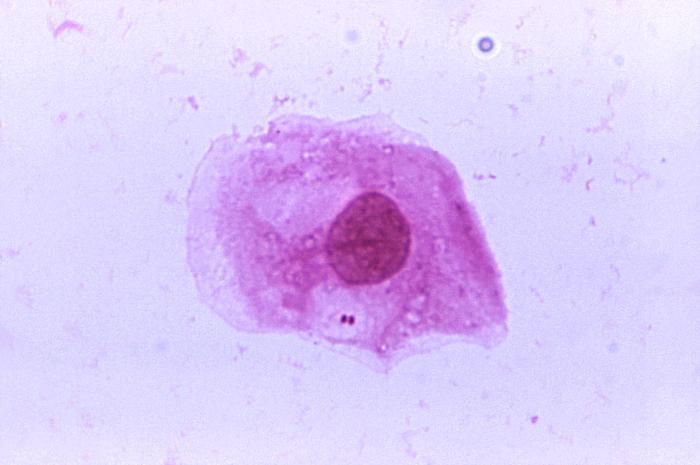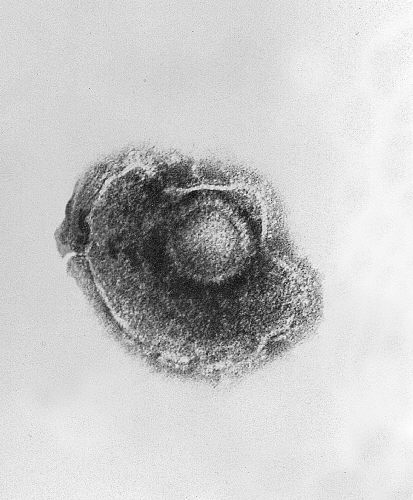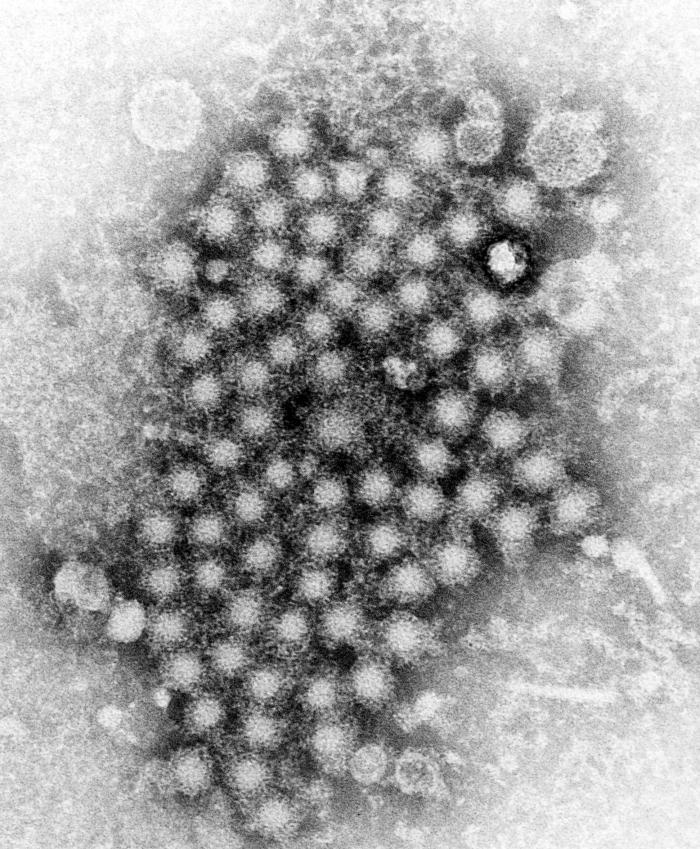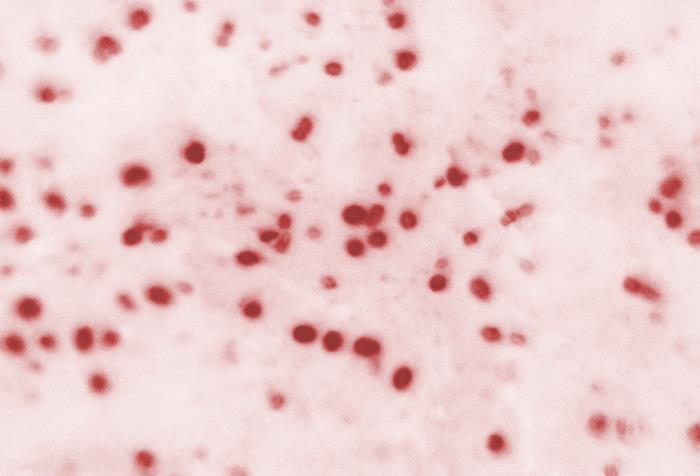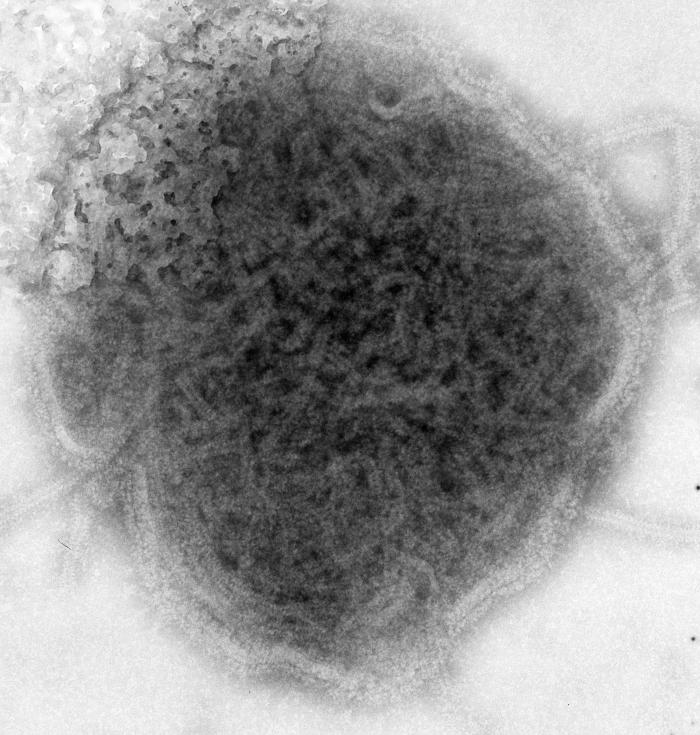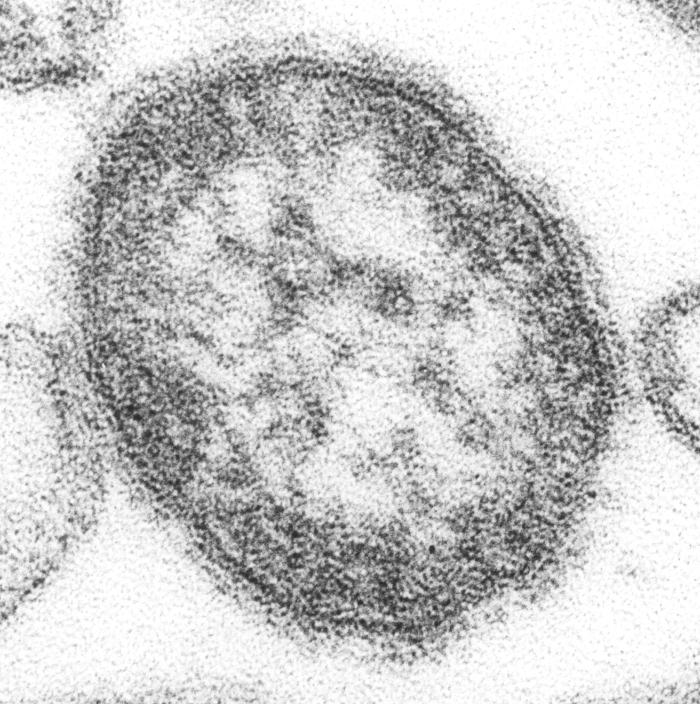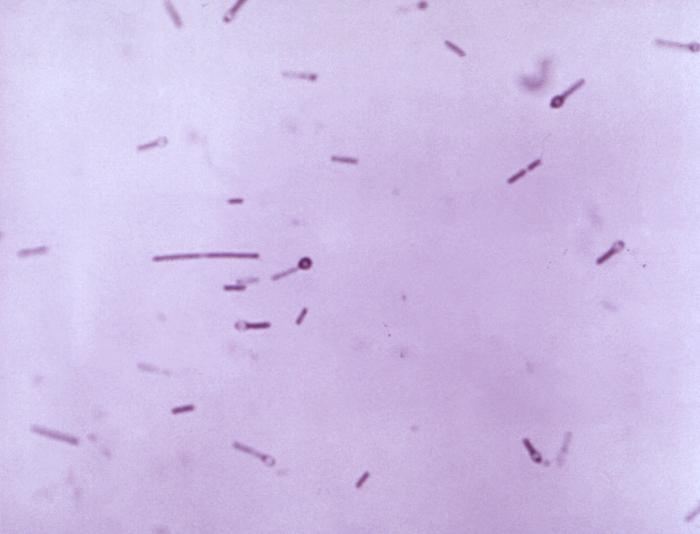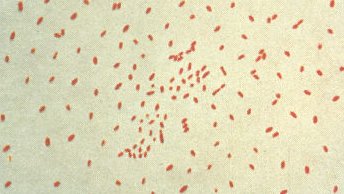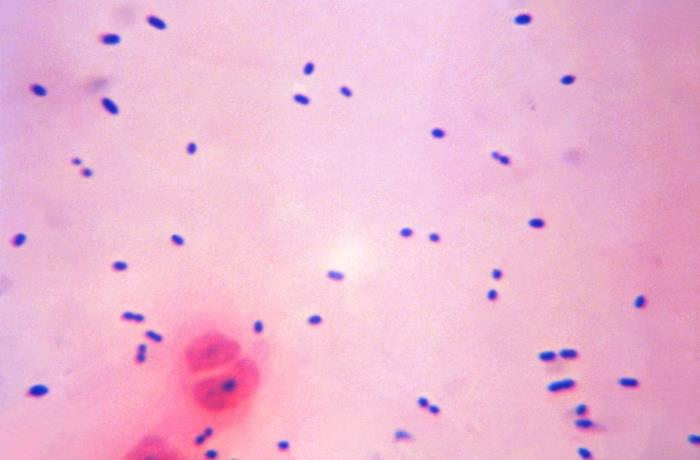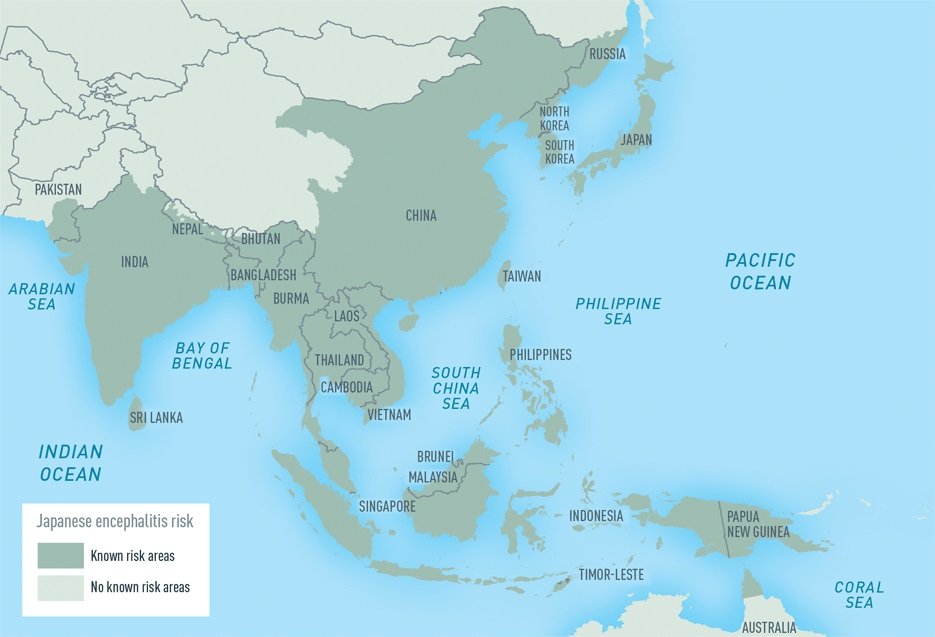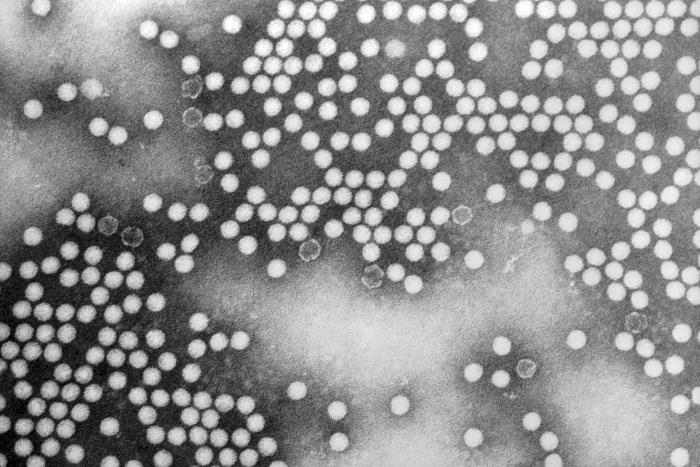Welcome to... The Dr Jenner's House Vaccine Preventable Disease Advent Calendar
The Dr Jenner's House Vaccine Preventable Disease Advent Calendar
Over the next 24 days we'll be telling you about 24 different infectious diseases, all of which can be prevented by vaccination #VaccineAdventCalendar
 The Dr Jenner's House Vaccine Preventable Disease Advent Calendar
The Dr Jenner's House Vaccine Preventable Disease Advent Calendar
Over the next 24 days we'll be telling you about 24 different infectious diseases, all of which can be prevented by vaccination #VaccineAdventCalendar
Day 1: human papillomavirus vaccines (HPV). There are over 100 types of human papillomaviruses; at least 14 are known to cause cancer. HPV vaccines are highly effective against the two HPV types (16 and 18) responsible for 70% of cervical cancers globally #VaccineAdventCalendar
Day 2: rotavirus. Globally, rotavirus is the most common cause of diarrhoea and vomiting in children and is estimated to have caused 215,000 deaths in 2013. In the UK the number of cases of rotavirus fell by over 70% after 2013 when a vaccine was introduced #VaccineAdventCalendar
Day 3: malaria. Caused by parasites transmitted through mosquito bites, malaria claims the life of one child every two minutes. In 2019, 94% of cases + deaths were in Africa. A vaccine is being piloted in 3 countries, in conjunction with other interventions #VaccineAdventCalendar
Day 4: dengue. A viral infection spread by mosquitoes, there are ~390 million cases each year. Severe dengue can be life-threatening. A vaccine is available, but only recommended for use in endemic areas by people who have previously had a dengue infection #VaccineAdventCalendar
Day 5: meningococcal meningitis. There are many causes of meningitis, one of which is the Neisseria meningitidis bacteria. Different meningitis vaccines are available giving some protection against specific serogroups (types) of the bacteria: A, B, C, W + Y #VaccineAdventCalendar
Day 6: chickenpox. This is a highly contagious disease caused by the varicella zoster virus. An effective vaccine is available; in the UK it is offered to close contacts of people for whom a chickenpox infection might risk complications #VaccineAdventCalendar
Day 7: hepatitis. There are five identified hepatitis viruses (A, B, C, D and E) causing a liver infection which can, in some people, persist for many years and cause serious damage. Vaccines against hepatitis A and B are offered to those most at risk #VaccineAdventCalendar
Day 8: Haemophilus influenzae type b (Hib). Hib is a bacterium which globally causes millions of cases of serious illness each year, particularly in children under the age of 5. Vaccines are the only way of preventing the majority of serious Hib infections #VaccineAdventCalendar
Day 9: mumps. Mumps is a viral disease which can lead to a range of complications, including meningitis and permanent hearing loss. Prior to the introduction of the MMR vaccine in 1988, mumps caused 1,200 hospital admissions in England and Wales each year #VaccineAdventCalendar
Day 10: measles. Measles symptoms include a distinctive rash. It can lead to severe complications and in low-income countries causes death in as many as 1 in 100 cases. Between 2000 and 2018, measles vaccination prevented an estimated 23.2 million deaths #VaccineAdventCalendar
Day 11: tetanus. This is a serious illness of the nervous system contracted through exposure to spores of the bacterium Clostridium tetani. Last year 85% of infants worldwide received 3 doses of vaccines to protect against tetanus, diphtheria and pertussis #VaccineAdventCalendar
Day 12: pertussis. Also known as whooping cough, this is a respiratory infection caused by the bacterium Bordetella pertussis. It is estimated that routine vaccination programmes against pertussis averted 687,000 deaths worldwide in 2008 #VaccineAdventCalendar
Day 13: pneumococcal disease. The bacterium Streptococcus pneumoniae can cause a range of infections, including pneumonia, septicaemia and meningitis. Vaccination offers protection against the serotypes of S. pneumoniae most likely to cause serious illness #VaccineAdventCalendar
Day 14: Japanese encephalitis virus. Carried by mosquitoes, around 1 in 250 infections leads to severe clinical illness as the virus spreads to the brain and causes encephalitis. There is no cure, but it can be prevented with safe and effective vaccines #VaccineAdventCalendar
Day 15: poliomyelitis. The poliovirus is spread via the oral-faecal route and in 72% of cases is asymptomatic, but can spread to the central nervous system and cause paralysis. Through vaccination, wild poliovirus cases have decreased by over 99% since 1988 #VaccineAdventCalendar

 Read on Twitter
Read on Twitter
